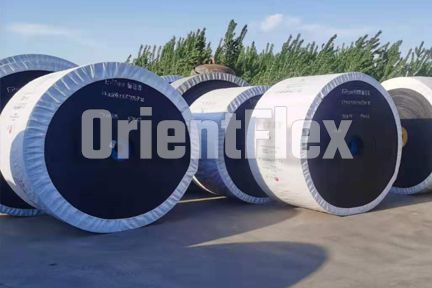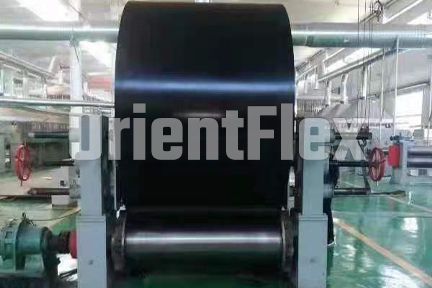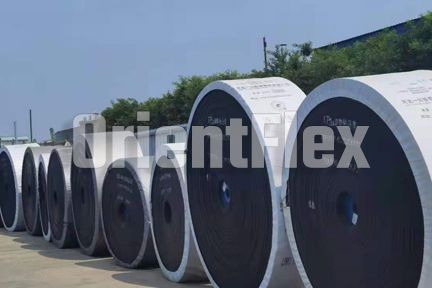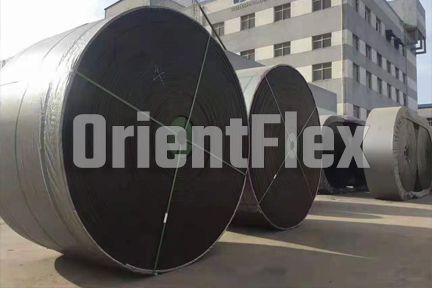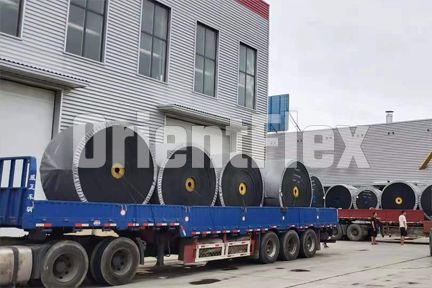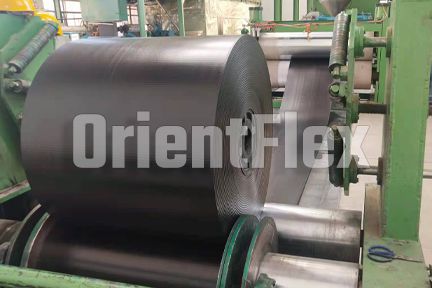- Email orientflex@orientrubber.com
- WhatsApp / Phone+86 180 3186 9514
If your conveyor belt is not working properly, the entire operational process may be stopped, which will have immeasurable consequences, resulting in loss of money and productivity.
To prevent this from happening, you need to watch and inspect your conveyor belts carefully and understand why this happens so you can spot and fix them before they develop into bigger problems.
1. Why does the conveyor belt deviate?
2. What consequences will be caused?
Conveyor Belt Takes Heavy Damage
If the belt gets off the track and continues into the frame, the surface of the belt may be scraped off until there is only a small amount remaining and/or the overall belt width begins to decrease. Over time, this reduces the amount of material the belt can move, affecting production output.
Rack is damaged
Not only can this friction damage the belt, but it can also cause serious damage to the frame where it comes in contact with the off-track belt.
Missing material
Off-track belts are reduced in width, which in turn reduces the amount of material that can be conveyed; there is also the potential for material leakage to surrounding areas. This reduces efficiency and profitability.
sacrificing safety
Leakage is not only costly, it can also be dangerous. Employees are at risk of falling material and accidental accumulation. In extreme cases, the friction between the misaligned belt and the frame can even cause a fire.
Self-solve causes disaster
Many factories resort to home brew solutions or temporary fixes, which can make the problem worse. Attaching side idlers to the conveyor has no effect, because the belt usually pulls, not pushes, so physical forces are not good for the belt.
3. How to improve?
Poor trough formation in the early stage of use leads to deviation
Install the automatic centering roller group. If the timing cannot be adjusted after long-term operation with load, the conveyor belt needs to be replaced.
Conveyor belt joint bending
Mild twists and turns can be corrected by using the automatic centering roller set. In severe cases, the joint should be re-joined to improve the straightness of the tape adjacent to the joint.
The conveyor belt itself lacks straightness
Mild twists and turns can be corrected by using the automatic centering roller set. In severe cases, the joint should be re-joined to improve the straightness of the tape adjacent to the joint.
Conveyor belt deviates to the right of the drum
Move the right bearing housing forward
The conveyor belt deviates to the left of the drum
Move the left bearing seat forward, and correspondingly move the left bearing seat or the right bearing seat backward.
With the help of Evergreen, you can find solutions to all possible problems, and you can also contact us to get the most timely help.
You can contact or visit us in our office from Monday to Friday from 8:00 - 18:00
